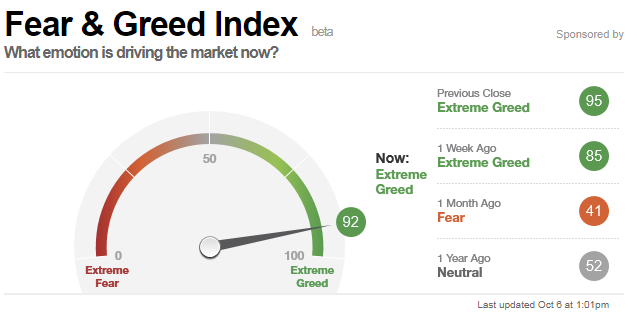
USA Today had an article on China that most Americans will find chilling. View the story here.
It is an Orwellian thought that, on many levels, seems to make sense. That is, until you look at the dark side of how it could be used by government to control and punish those with whom it disagrees. We Americans cherish these freedoms and call the approach an invasion of privacy. And well we should.
Anyone in the power industry will see clear parallels as we embrace the smart grid and business analytics. We have already seen some refuse to have these meters on their homes on that basis. My wife Susan has spoken repeatedly on the fine line retailers and grocers face as they use your purchase behaviors and online browsing to position offers to you. She uses the phrase “creepy or caring” to define that balance.
Now China drew a line in the sand that gets even more profound: Trust. How much does the government trust you? Well, given the bad behaviors on the part of some citizens, that seems to make some sense on the surface here in the US as well. But, we cherish our invasion of privacy.
So, now that China has done this, what happens? That question will be answered shortly as we watch them react, even more overtly and violently than the events in Tiananmen Square. We all remember the picture of the citizen standing in the path of the tank. This will also be a telling test of the new President of China. It may make the protests here look like child’s play.



